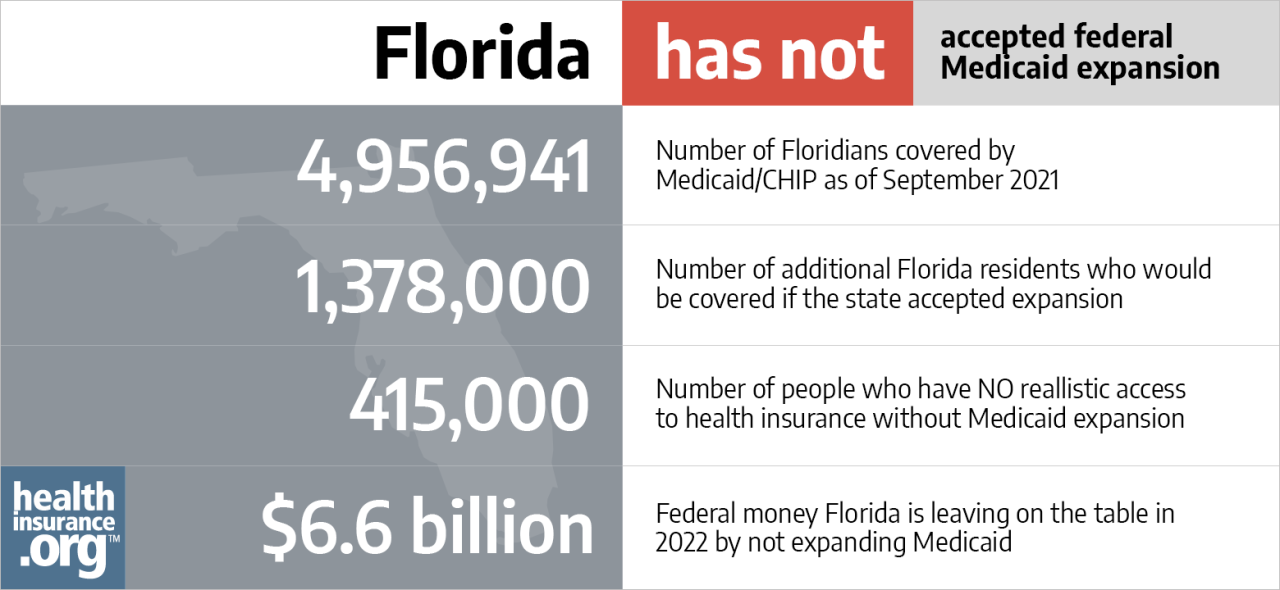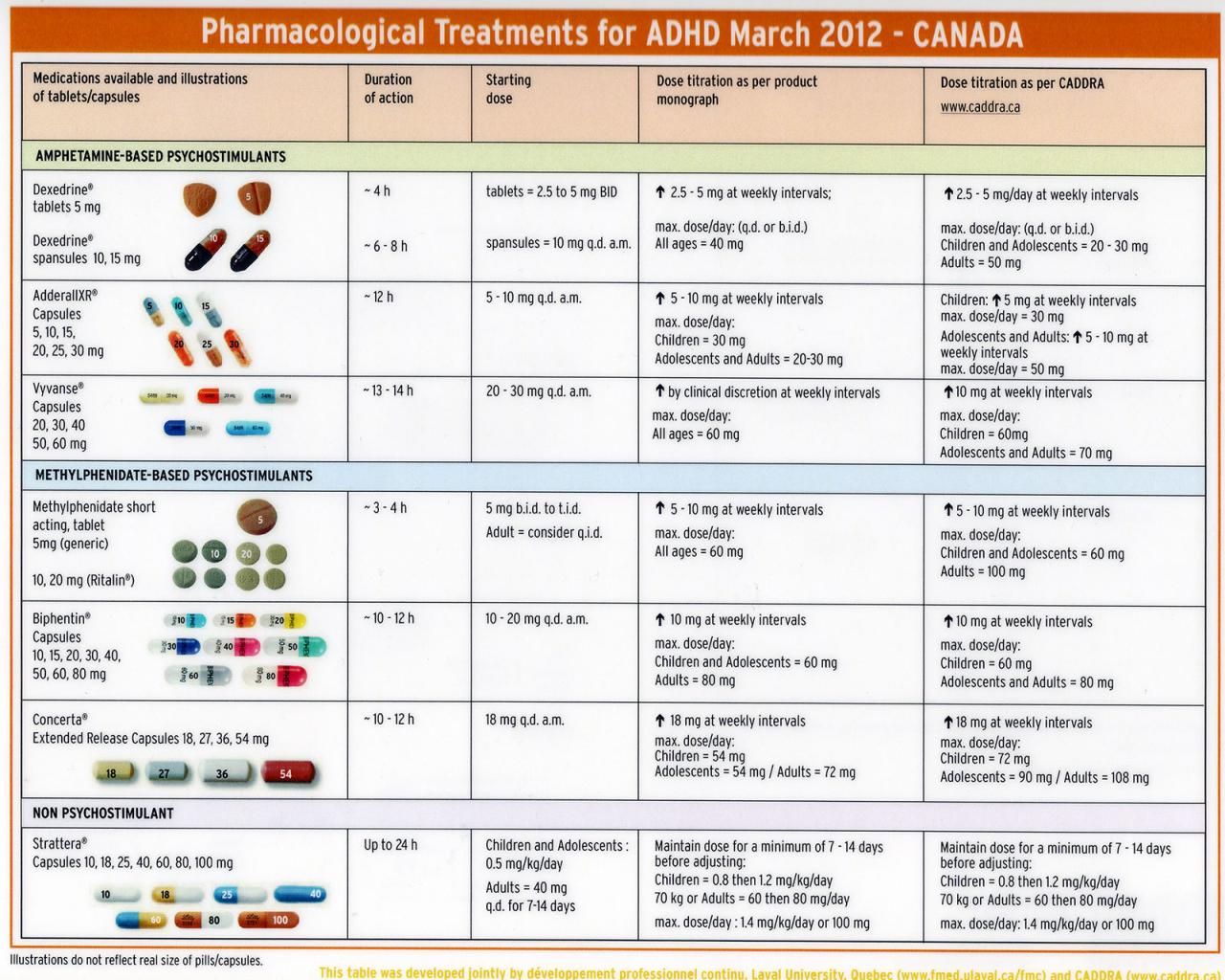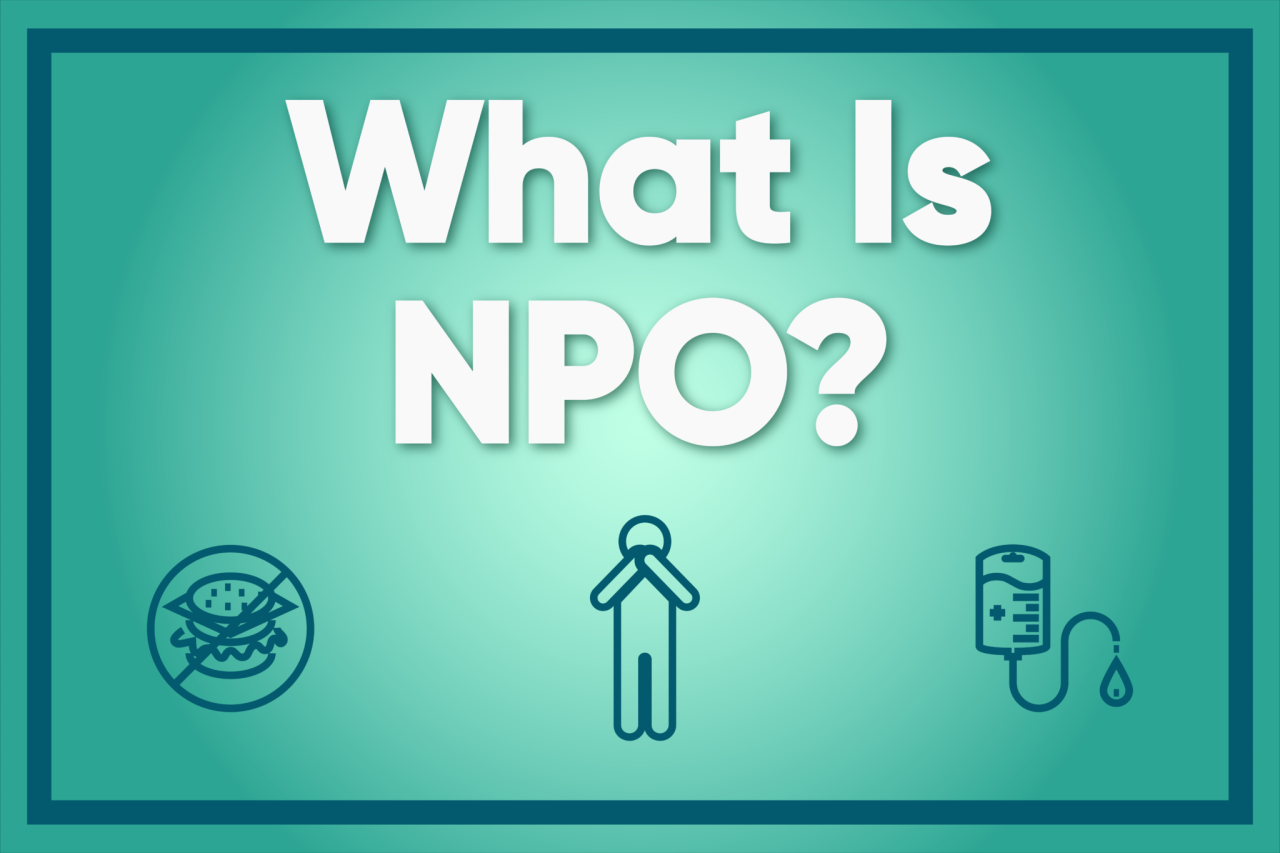Florida Medicaid, a vital lifeline for millions of Floridians, provides access to essential healthcare services. It’s a complex program with a rich history, evolving to meet the changing needs of the state’s diverse population. From traditional Medicaid to specialized programs like Healthy Kids, Florida Medicaid offers a range of benefits and coverage tailored to different demographics.
Understanding the language of medicine can be a challenge, but it’s essential for anyone involved in the healthcare field. Learning medical terminology can help you communicate effectively with patients, colleagues, and other healthcare professionals. It’s like having a secret code that unlocks a whole new world of knowledge and understanding.
Navigating the enrollment process, understanding eligibility criteria, and accessing the vast network of healthcare providers are crucial aspects of the program. The Florida Agency for Health Care Administration (AHCA) plays a central role in administering and managing this intricate system, ensuring that Floridians have access to quality healthcare.
Florida Medicaid Overview
Florida Medicaid is a government-funded health insurance program that provides essential healthcare services to eligible low-income individuals and families in the state of Florida. It is a vital safety net, ensuring access to medical care for those who might otherwise struggle to afford it.
This program has a rich history and has evolved over the years to address the changing needs of its beneficiaries.
History and Evolution
Florida Medicaid was established in 1965 as part of the federal Medicaid program, a collaborative effort between the federal and state governments. The program has undergone significant changes over the years, expanding its coverage and benefits to cater to a wider population.
The introduction of managed care in the 1990s marked a significant shift in the program’s delivery model, aiming to improve efficiency and cost-effectiveness. More recently, the Affordable Care Act (ACA) has brought about further changes, impacting eligibility criteria and program structure.
Eligibility Criteria
To qualify for Florida Medicaid, individuals and families must meet specific eligibility criteria. These criteria generally include factors like income, household size, and citizenship status. Individuals must be residents of Florida, U.S. citizens or qualified non-citizens, and have income below certain thresholds.
Additional eligibility requirements may apply based on age, disability, or other factors. The Florida Agency for Health Care Administration (AHCA) manages the eligibility determination process.
Types of Florida Medicaid Programs
Florida Medicaid offers various programs tailored to different demographics and needs. Some of the prominent programs include:
- Traditional Medicaid:This is the core Medicaid program providing comprehensive health coverage to eligible individuals and families.
- Healthy Kids:This program provides health insurance to children and adolescents from low-income families, focusing on preventive care and health maintenance.
- Florida KidCare:This program encompasses a range of options for children, including Healthy Kids, Children’s Medical Services (CMS), and the State Children’s Health Insurance Program (SCHIP).
- Long-Term Care (LTC):This program assists individuals with long-term care needs, such as those with disabilities or chronic illnesses.
Key Features of Florida Medicaid
Florida Medicaid offers a comprehensive range of benefits and coverage, including:
- Inpatient and outpatient hospital services:This includes hospitalization for medical conditions, surgical procedures, and emergency care.
- Physician services:Coverage for doctor visits, consultations, and other medical services provided by physicians.
- Prescription drugs:Access to a wide range of prescription medications, subject to formulary restrictions.
- Mental health and substance abuse services:Coverage for treatment of mental health conditions and substance abuse disorders.
- Dental services:Access to dental care, including preventive, restorative, and emergency services.
- Vision services:Coverage for eye exams, eyeglasses, and contact lenses.
- Home health services:Support for individuals requiring medical care in their homes.
- Transportation services:Assistance with transportation to and from healthcare appointments.
Enrollment and Administration
Enrolling in Florida Medicaid is a relatively straightforward process, involving a few key steps and organizations.
Enrollment Process
Individuals can apply for Florida Medicaid through various channels, including online, by phone, or in person. The application process involves providing personal information, income documentation, and other relevant details to verify eligibility. Once the application is submitted, it is reviewed by the AHCA, which makes a determination about eligibility.
Approved applicants are then enrolled in the appropriate Medicaid program and receive a Medicaid identification card.
Key Agencies and Organizations
Several agencies and organizations play crucial roles in administering Florida Medicaid. These include:
- Florida Agency for Health Care Administration (AHCA):The AHCA is the primary agency responsible for overseeing and managing Florida Medicaid. It sets policies, establishes eligibility criteria, and manages the program’s budget.
- Managed Care Organizations (MCOs):MCOs are private health plans contracted by the AHCA to provide healthcare services to Medicaid beneficiaries. They manage the delivery of care, negotiate with providers, and monitor costs.
- Local Health Departments:Local health departments assist with outreach, enrollment, and case management for Medicaid beneficiaries.
Role of the AHCA
The AHCA plays a central role in administering Florida Medicaid, encompassing a wide range of responsibilities. These include:
- Eligibility determination:The AHCA determines eligibility for Medicaid based on established criteria.
- Program design and implementation:The AHCA designs and implements various Medicaid programs to meet the needs of different populations.
- Contract management:The AHCA manages contracts with MCOs and other healthcare providers.
- Quality assurance:The AHCA ensures the quality of care provided to Medicaid beneficiaries.
- Budget management:The AHCA manages the Florida Medicaid budget, allocating funds to various programs and services.
Methods of Applying for Florida Medicaid
Individuals can apply for Florida Medicaid through several methods, including:
- Online application:The AHCA offers an online application portal for convenient and efficient application submission.
- Phone application:Individuals can apply by phone by contacting the AHCA’s customer service line.
- In-person application:Applications can be submitted in person at local health departments or other designated locations.
Renewal Process

Medicaid eligibility is periodically reviewed, and beneficiaries must renew their coverage to maintain access to benefits. The renewal process typically involves submitting updated information about income, household size, and other relevant factors. The AHCA reviews the renewal application and determines if the individual remains eligible.
If approved, the individual’s Medicaid coverage is renewed for a specific period.
Provider Network and Services
Florida Medicaid relies on a network of healthcare providers to deliver services to its beneficiaries. This network encompasses a wide range of providers, ensuring access to a diverse range of medical and non-medical services.
Types of Healthcare Providers, Florida medicaid
The Florida Medicaid network includes a variety of healthcare providers, such as:
- Physicians:Primary care physicians, specialists, and other medical professionals.
- Hospitals:Acute care hospitals, specialty hospitals, and rehabilitation facilities.
- Clinics:Community health centers, free clinics, and other healthcare facilities.
- Pharmacies:Pharmacies that dispense prescription medications to Medicaid beneficiaries.
- Mental health providers:Psychologists, psychiatrists, and other mental health professionals.
- Dental providers:Dentists and dental hygienists.
- Vision providers:Optometrists and ophthalmologists.
- Home health agencies:Agencies providing home health services, such as nursing care and physical therapy.
- Long-term care facilities:Nursing homes, assisted living facilities, and other long-term care providers.
Range of Healthcare Services
Florida Medicaid covers a broad range of healthcare services, including:
- Preventive care:Routine checkups, vaccinations, and screenings.
- Diagnostic testing:Laboratory tests, imaging studies, and other diagnostic procedures.
- Treatment of acute and chronic conditions:Medical care for various illnesses, injuries, and chronic conditions.
- Mental health and substance abuse treatment:Counseling, therapy, and medication for mental health and substance abuse disorders.
- Dental care:Routine dental cleanings, fillings, extractions, and other dental procedures.
- Vision care:Eye exams, eyeglasses, and contact lenses.
- Prescription drugs:Coverage for a wide range of prescription medications.
- Home health services:Nursing care, physical therapy, and other home health services.
- Long-term care services:Nursing home care, assisted living services, and other long-term care options.
Examples of Specific Services
Florida Medicaid provides coverage for a variety of specific medical and non-medical services, including:
- Prenatal care:Regular prenatal checkups, labor and delivery services, and postpartum care.
- Childbirth education classes:Classes for expectant parents to prepare for childbirth.
- Well-child visits:Regular checkups for children to monitor their growth and development.
- Immunizations:Vaccines to protect children from preventable diseases.
- Mental health counseling:Therapy for children and adults with mental health conditions.
- Substance abuse treatment:Rehabilitation programs and medication for substance abuse disorders.
- Dental cleanings and fillings:Routine dental care to maintain oral health.
- Eye exams and eyeglasses:Vision care services for individuals with vision problems.
- Home health nursing:Skilled nursing care provided in the home.
- Transportation services:Assistance with transportation to and from healthcare appointments.
Accessing Healthcare Services
Medicaid beneficiaries can access healthcare services through their assigned MCO or by contacting the AHCA directly. The AHCA provides information on provider networks, coverage guidelines, and other program details. Beneficiaries can also use their Medicaid identification card to access services from participating providers.
Provider Network and Services Comparisons
The provider network and services offered by different Florida Medicaid programs may vary slightly. For example, Traditional Medicaid generally offers a broader range of services compared to programs like Healthy Kids, which focus on children’s health. The specific services covered and the provider network may also differ based on the MCO assigned to the beneficiary.
It’s essential for beneficiaries to understand the specific coverage and network details of their assigned program.
Learning medical terminology is crucial for anyone working in the healthcare field. It allows you to communicate effectively with other healthcare professionals, understand medical records, and provide accurate patient care.
Funding and Budget
Florida Medicaid is a jointly funded program, with both the federal and state governments contributing to its financial support. The program’s budget is significant and subject to various factors, including population growth, healthcare costs, and policy changes.
Sources of Funding
The primary sources of funding for Florida Medicaid are:
- Federal government:The federal government provides a significant portion of the funding for Medicaid programs nationwide, including Florida Medicaid. The federal government’s contribution is based on a matching formula that varies by state.
- State government:The state of Florida also contributes a portion of the funding for its Medicaid program. State funding sources may include general revenue, taxes, and other sources.
Annual Budget Allocation
The annual budget allocation for Florida Medicaid is substantial, reflecting the program’s role in providing healthcare services to a large population. The exact budget amount varies from year to year, influenced by factors such as enrollment growth, healthcare cost inflation, and policy changes.
The AHCA manages the program’s budget, allocating funds to different programs and services.
Impact of Federal and State Funding
Federal and state funding play a crucial role in determining the scope and availability of services under Florida Medicaid. Changes in federal funding levels can impact the program’s budget, potentially affecting the range of services offered and the number of individuals eligible for coverage.
Similarly, state funding decisions can influence the program’s overall funding and its ability to meet the needs of beneficiaries.
Key Factors Influencing the Budget
Several factors influence the budget for Florida Medicaid, including:
- Enrollment growth:As the number of eligible individuals and families increases, the program’s costs also rise.
- Healthcare cost inflation:Rising healthcare costs, such as hospital charges and prescription drug prices, impact the program’s budget.
- Policy changes:Changes in federal or state policy can affect eligibility criteria, benefit packages, and funding levels.
- Economic conditions:Economic downturns can lead to increased enrollment in Medicaid, putting pressure on the program’s budget.
Major Components of the Budget
The Florida Medicaid budget comprises several major components, including:
| Component | Description |
|---|---|
| Managed Care Payments | Payments to MCOs for providing healthcare services to beneficiaries. |
| Provider Reimbursement | Payments to healthcare providers for services rendered to Medicaid beneficiaries. |
| Administrative Costs | Expenses associated with administering the Medicaid program, including staff salaries, office space, and technology. |
| Prescription Drug Costs | Costs associated with covering prescription medications for beneficiaries. |
| Long-Term Care Costs | Expenses related to providing long-term care services to Medicaid beneficiaries. |
Current Issues and Challenges: Florida Medicaid
Florida Medicaid, like many other healthcare programs, faces a range of challenges and issues. These challenges are often driven by factors such as funding constraints, policy changes, and the evolving healthcare landscape.
Pressing Issues and Challenges
Some of the most pressing issues and challenges facing Florida Medicaid include:
- Funding constraints:Limited funding can restrict the program’s ability to expand coverage, provide a full range of services, and keep pace with rising healthcare costs.
- Enrollment growth:Increasing enrollment, driven by factors such as economic hardship and population growth, puts pressure on the program’s budget.
- Healthcare cost inflation:Rising costs for hospital services, prescription drugs, and other healthcare services strain the program’s resources.
- Provider shortages:A shortage of healthcare providers in certain areas can limit access to care for Medicaid beneficiaries.
- Administrative complexity:The program’s administrative structure can be complex, making it challenging for beneficiaries to navigate and access services.
Impact of Healthcare Reform
The Affordable Care Act (ACA) has had a significant impact on Florida Medicaid. The ACA expanded eligibility for Medicaid, leading to a surge in enrollment and increased program costs. However, the ACA also provided additional funding for Medicaid, helping to offset the increased costs.
The ACA’s impact on Florida Medicaid is ongoing, with continued debate and uncertainty about the program’s future.
Impact of Changes in Federal Policy
Changes in federal policy can have a profound impact on Florida Medicaid. For example, changes in funding levels, eligibility criteria, or program structure can significantly alter the program’s operation and the services it provides. It’s essential to monitor federal policy changes closely to understand their potential implications for Florida Medicaid.
Efforts to Improve Florida Medicaid
Various efforts are underway to improve Florida Medicaid, including:
- Streamlining enrollment processes:Simplifying application procedures and making enrollment more accessible.
- Improving access to care:Expanding provider networks, addressing provider shortages, and improving transportation services.
- Promoting health equity:Addressing disparities in access to care and health outcomes among different population groups.
- Enhancing quality of care:Implementing quality improvement initiatives to ensure the effectiveness and safety of healthcare services.
- Controlling costs:Implementing strategies to manage program costs while maintaining quality of care.
Key Stakeholders
Numerous stakeholders are involved in Florida Medicaid policy and advocacy, including:
- Florida Agency for Health Care Administration (AHCA):The AHCA manages the program and advocates for its funding and effectiveness.
- Managed Care Organizations (MCOs):MCOs provide healthcare services to Medicaid beneficiaries and participate in policy discussions.
- Healthcare providers:Providers advocate for fair reimbursement rates and access to care for Medicaid beneficiaries.
- Consumer advocacy groups:These groups represent the interests of Medicaid beneficiaries and advocate for improved access to care and benefits.
- Legislators and policymakers:Legislators and policymakers shape the program’s funding, eligibility criteria, and overall structure.
Wrap-Up
Florida Medicaid stands as a testament to the state’s commitment to providing healthcare for its residents. As the program continues to evolve, it faces ongoing challenges, including budget constraints and the impact of healthcare reform. However, ongoing efforts to improve efficiency and expand access ensure that Florida Medicaid remains a cornerstone of the state’s healthcare system, providing essential care to those who need it most.












